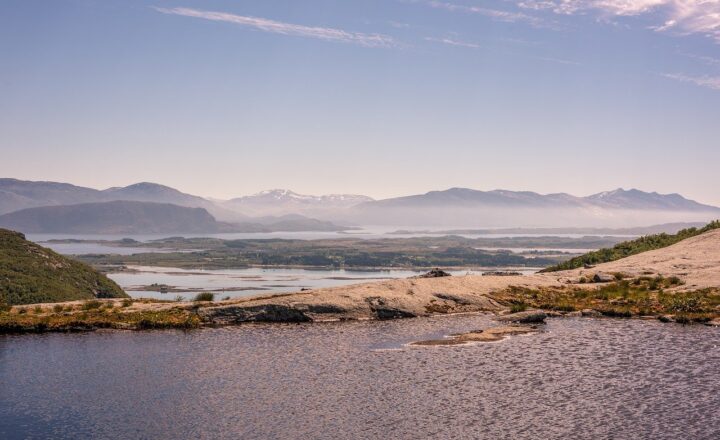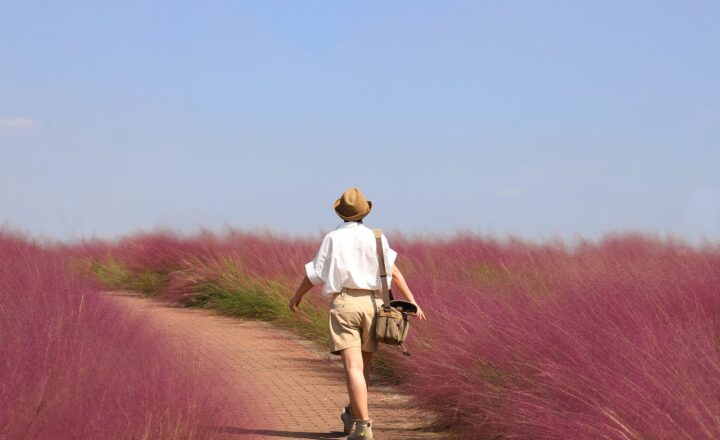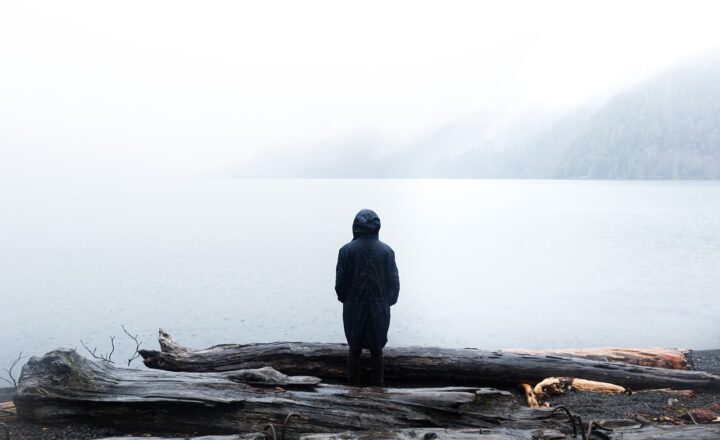
Solo travel has been gaining popularity over the years, and for good reason. While many people still prefer to travel in groups or with family, the experience of hiking and exploring new destinations alone can be profoundly rewarding and enriching. In this article, we will delve into the myriad benefits of solo travel adventures, particularly those that involve hiking along the beaten paths of nature’s stunning landscapes.
1. Embracing Freedom and Flexibility
One of the primary benefits of solo travel is the freedom it provides. When you travel alone, you are the captain of your own ship. You set the itinerary and decide how to spend your time. Want to hike an extra hour to catch the sunset? Go for it! Feel like exploring a new trail instead of sticking to your plan? You can make that decision on the fly without having to consult others.
This flexibility is especially appealing for hikers. Trails, weather conditions, and personal energy levels can vary greatly, and traveling solo allows you to adapt to these changes in real-time. You’ll find yourself more in tune with nature and your instincts, which enhances the overall experience.
2. Self-Discovery and Personal Growth
Hiking alone offers an exceptional opportunity for self-discovery. When you are surrounded by nature’s beauty and removed from daily distractions, you have the chance to connect with yourself in a profound way. Many solo travelers experience personal growth and introspection during their adventures. Here are a few ways solo hiking can facilitate this:
- Building Resilience: Facing challenges alone, such as navigating difficult trails or dealing with unexpected weather changes, fosters resilience. You learn to adapt and overcome obstacles, which can translate into confidence in your daily life
- Enhanced Self-Reflection: The solitude of hiking allows for uninterrupted time to reflect on your life, goals, and dreams. This quiet contemplation can lead to valuable insights about yourself and your path forward.
- Fostering Independence: Traveling alone cultivates independence and decision-making skills, as you are responsible for every choice you make. This self-reliance builds character and confidence that extends beyond your travel adventures.
In essence, solo hiking offers a unique opportunity to grow emotionally and mentally while enjoying nature’s beauty.
3. Connection with Nature
Hiking is inherently a connecting experience — connecting with the earth, the environment, and the moment at hand. When you embark on a solo hiking journey, you can immerse yourself in the sounds, sights, and smells of nature without distractions.
Many travelers report a heightened sense of awareness and gratitude for the natural world when hiking alone. You might find it easier to appreciate the beauty of a sunset, the rustle of leaves, or the sounds of wildlife without the chatter of companions. This deep connection to nature promotes a unique sense of peace and tranquility that rejuvenates your spirit.
Moreover, solo hiking helps enhance your skills in observing and appreciating the surrounding ecosystem. You might notice details you’d otherwise overlook when distracted by companions. This added layer of engagement lays the foundation for a deeper appreciation for the environment.
4. Meeting New People in Unexpected Places
Contrary to the assumption that solo travel is isolating, hiking alone often leads to unique social experiences. Being alone on the trail can open doors to new friendships and conversations with fellow hikers. When you’re alone, others may feel encouraged to reach out, share experiences, or offer tips on trails they’ve explored.
Known as a shared passion, hiking brings like-minded adventurers together. Whether it’s an impromptu chat at a summit or bonding over a shared love for nature in a rustic lodge, there are countless opportunities to connect with fellow hikers. These interactions often lead to enriching conversations and insights about different cultures, destinations, and personal philosophies.
So while solo travel offers solitude, it can also pave the way for wonderful new connections that you might not have met had you been traveling with a group.
5. Enhanced Mindfulness and Presence
Hiking alone encourages mindfulness, the practice of focusing your thoughts and awareness on the present moment. Without the distractions of group dynamics, you can immerse yourself completely in the experience of hiking. This mindfulness leads to:
- Reduced Stress: Being present in nature can lead to substantial reductions in stress and anxiety. The tranquility of the great outdoors breeds a sense of calm that is difficult to find in our busy lives.
- Heightened Sensory Experience: You’ll notice each sensory detail — the crunch of leaves underfoot, the scent of pine needles, and the sight of a stunning vista. This deep engagement enhances your overall enjoyment of the hike and fosters a profound appreciation for simple pleasures.
Incorporating mindfulness into your solo hiking adventures can be a refreshing way to step away from the chaos of life and return to a state of tranquility.
6. Planning Your Own Adventure
Traveling solo means you can design your adventure exactly how you envision it, without compromise. Whether you decide to embark on a rigorous multi-day trek or a leisurely day hike, the choice is yours. Here are some ways to maximize your solo travel planning:
- Research Your Destination: Take the time to plan your route meticulously, understand the terrain, and identify key points of interest along the way. Use tools like maps, guidebooks, and online resources to help troubleshoot any questions about your plans.
- Set Your Own Pace: You can hike as slowly or quickly as you like. Feel free to linger longer at the places that capture your heart or move swiftly past spots you may not find appealing. This self-paced journey allows for exploration tailored just for you.
- Prioritize Safety: Solo hiking does necessitate careful planning for safety. Carry important gear, inform someone about your route, and stay aware of wildlife and weather conditions. Safety measures can help ensure a fulfilling and secure experience.
Planning your own solo hiking adventure empowers you to create a personalized journey that reflects your interests, pace, and overall goals.
Conclusion
Choosing to hike alone is more than just a method of exploring new terrains — it’s an opportunity for self-discovery, reflection, and personal growth. Embracing the freedom and flexibility of solo travel provides unique experiences and lasting friendships while fostering a deep connection with nature.
Whether you’re seeking adventure, mindfulness, or self-awareness, solo hiking can offer an enriching experience that resonates far beyond the trails. As you lace up your boots and set out to explore the unbeaten paths, remember that every step taken alone can lead to more profound discoveries, both in the wilderness and within yourself.







